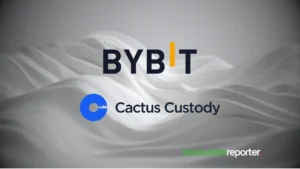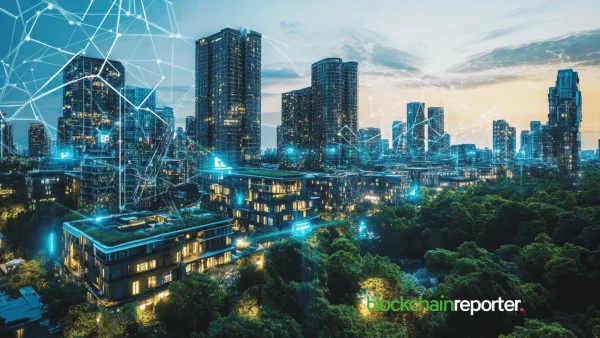
In a groundbreaking development at the end of 2022, the Monetary Authority of Singapore heralded a new era in the financial world. It announced that Project Guardian had successfully executed its first live trades, setting a precedent for the tokenization of deposits on a public blockchain. This venture brought together prominent institutions like DBS Bank, JP Morgan, and SBI Digital Asset Holdings, facilitating transactions in foreign exchange and government bonds on the Polygon network.
This initiative exemplifies the burgeoning trend of asset tokenization, which encompasses a broad array of assets including stocks, bonds, commodities, and real estate, utilizing blockchain technology. The rush towards a tokenized economy is driven by the unmatched advantages blockchain offers in asset management and movement. These benefits include round-the-clock market access, enhanced efficiency and automation, superior data transparency, robust security encryption, and increased financial adaptability and flexibility.
The first chapter of a tripartite series delving into tokenization and its impact on global business, this narrative explores the evolution and escalating adoption of this transformative technology. It elucidates how and why an increasing number of corporations are embracing tokenization to unlock liquidity, boost efficiency, and achieve transparency, fulfilling the promise of the Internet of Value.
From Cryptocurrency Transactions to Global Asset Revolution
With the growing awareness of cryptocurrency benefits, financial leaders and businesses are concentrating on refining payment processes. Although crypto payments remain a core application, the potential of blockchain to diminish friction in illiquid asset transactions is gaining attention.
Despite the nascent stage of real-world asset tokenization, it represents a logical advancement in blockchain technology. Traditional financial entities are beginning to acknowledge the enhancements blockchain can introduce, especially in amplifying liquidity.
Boston Consulting Group’s projections suggest that tokenized assets could emerge as a $16 trillion opportunity, accounting for 10% of the global GDP by 2030. Ripple’s 2023 New Value Report supports this view, indicating that half of the finance leaders worldwide foresee tokenization significantly impacting various asset classes, from bonds and private equity to real estate and commodities.
Trailblazers in Tokenization
The tokenization movement is in full swing, with visionary firms pioneering its application across diverse sectors. A key benefit offered by tokens is the enhanced liquidity and interoperability they bring to assets and blockchains alike.
For instance, the voluntary carbon credit market, traditionally hindered by inaccessible information and fragmented management, is ripe for transformation through tokenization. Firms like Thallo are addressing these challenges by tokenizing carbon credits, ensuring data transparency and facilitating a marketplace for high-quality carbon credits and green bonds.
The momentum for tokenization is not limited to environmental credits. In November 2023, HSBC announced collaboration with Metaco to offer digital asset custody services, focusing on tokenized securities and gold. Similarly, DBS Bank’s issuance of a tokenized bond on its digital platform has democratized investment, making it accessible to a broader audience.
In the real estate sector, plagued by liquidity constraints, blockchain startups such as Propy are leveraging smart contracts and NFTs to expedite property transactions. Furthermore, stablecoins like $HOME are democratizing real estate investments, traditionally dominated by large entities.
The Enduring Impact of Tokenization
Ripple’s global survey, involving over 1,700 finance leaders, revealed a strong inclination towards exploring tokenization within the next three years. This sentiment underscores the technology’s potential as a foundation for innovation, offering businesses the agility to navigate market shifts and access a wider array of asset classes.









